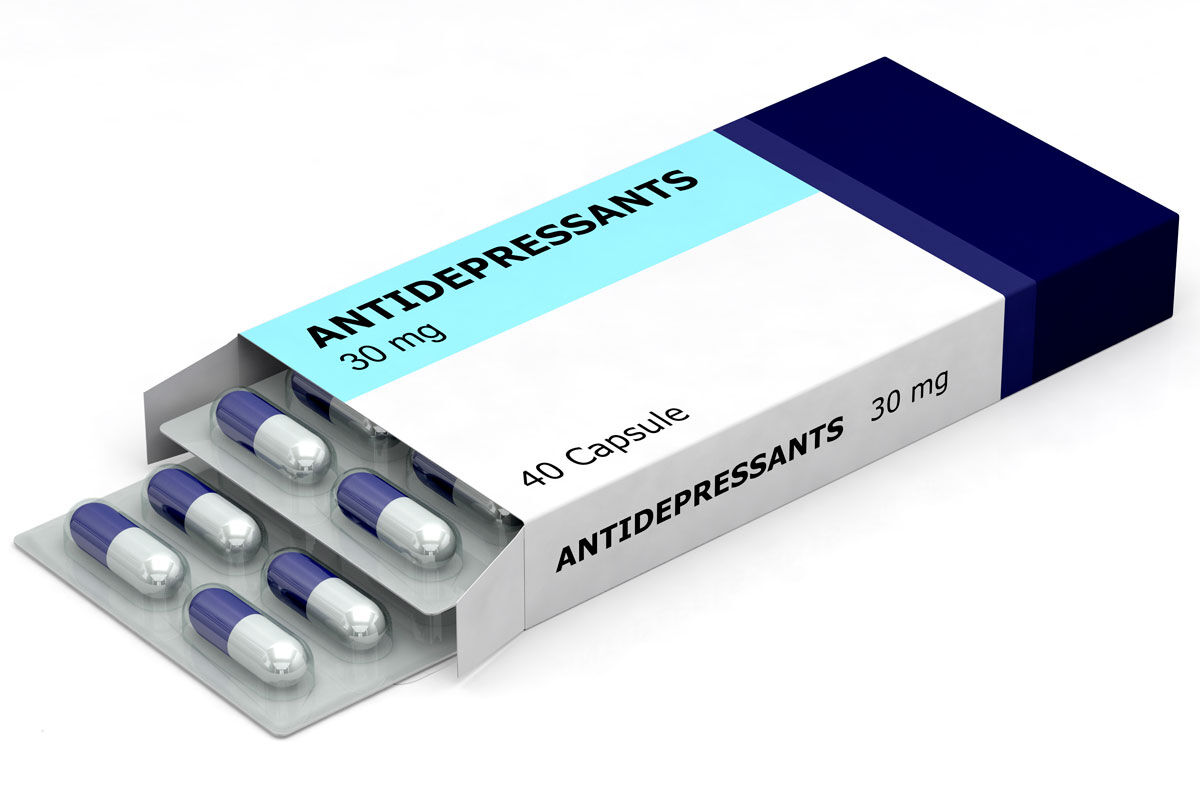
GPs join call for QOF to incentivise reduced antidepressant prescribing
A group of politicians, doctors and academics are today launching a call for reduced prescribing of antidepressants in the NHS, including via new GP incentives.
GP signatories to an open letter include BMA vice president Professor Sir Sam Everington, College of Medicine chair Dr Michael Dixon and author and co-founder of Brighton Health and Wellbeing Centre Dr Laura Marshall-Andrews.
The call comes alongside the launch of the ‘Beyond Pills’ All Party Parliamentary Group in Westminster today.
They are proposing five recommendations to address the issue of antidepressant overprescribing, including:
- Stopping the prescribing of antidepressants for new patients with mild conditions
- Adhering to the 2022 NICE guidance on safe prescribing and withdrawal management
- Funding and delivering local withdrawal services integrated with social prescribing, lifestyle medicine and psychosocial interventions
- Including the reduction of antidepressant prescribing as an indicator in QOF
- Funding and delivering a national 24-hour prescribed drug withdrawal helpline
It comes as the number of antidepressant prescriptions has almost doubled in England over the last decade, with 85.6m prescriptions issued in 2022/23.
Dr Dixon said: ‘As GPs we are facing a tsunami of mental health problems – especially depression – and these can often be helped by changes in lifestyle, diet and a range of interventions offered through social prescribing, without reaching for pills that can have all sorts of undesired effects.
‘It is crucial that patients know about and are helped to try these alternatives so that pills become the last resort rather than the first.
‘It is time to de-medicalise mental health and to liberate our patients to find non-drug solutions that work for them.
‘Our most urgent priority now is to equip patients and medics with the means of achieving this.
‘The Beyond Pills All Party Parliamentary Group heralds a sea change in public perception and medical practice from “a pill for every ill” to recognising that there is so much that we can do for ourselves which will not only help us to heal but also stop us getting ill in the first place.’
Other signatories joining in the call include former health minister and Liberal Democrat MP Norman Lamb, current MP Danny Kruger, who will chair the APPG, alongside a number of academics in the fields of psychiatry and pharmacology.
They want the NHS to move ‘beyond an over-reliance on pills’ through ‘an integrated approach’, combining social prescribing, lifestyle medicine and psychosocial interventions with safe deprescribing and a reduction in ‘unnecessary and inappropriate’ prescriptions.
Former NHS chief executive Lord Nigel Crisp, who will co-chair the APPG with Mr Kruger, said: ‘The high rate of prescribing of antidepressants over recent years is a clear example of over-medicalisation, where patients are often prescribed unnecessary and potentially harmful drugs instead of tackling the root causes of their suffering, such as loneliness, poverty or poor housing.
‘The Beyond Pills APPG is being launched to raise awareness of this public health issue. It will focus on promoting proven alternatives to pills such as social prescribing and psychological therapies, as well as local services to help people withdraw safely from these medicines.
‘It will work alongside others to change the way we all think about health, and address these wider social determinants of poor health.’
In May, Cochrane reviewers concluded that there is insufficient evidence to justify the use of most antidepressants that are currently prescribed for chronic pain.
Following a BBC programme in June, patients were warned not to suddenly stop taking antidepressants after headlines warned that people may be taking them for too long.
No Byline Policy
Editorial Guidelines
Corrections Policy
Source